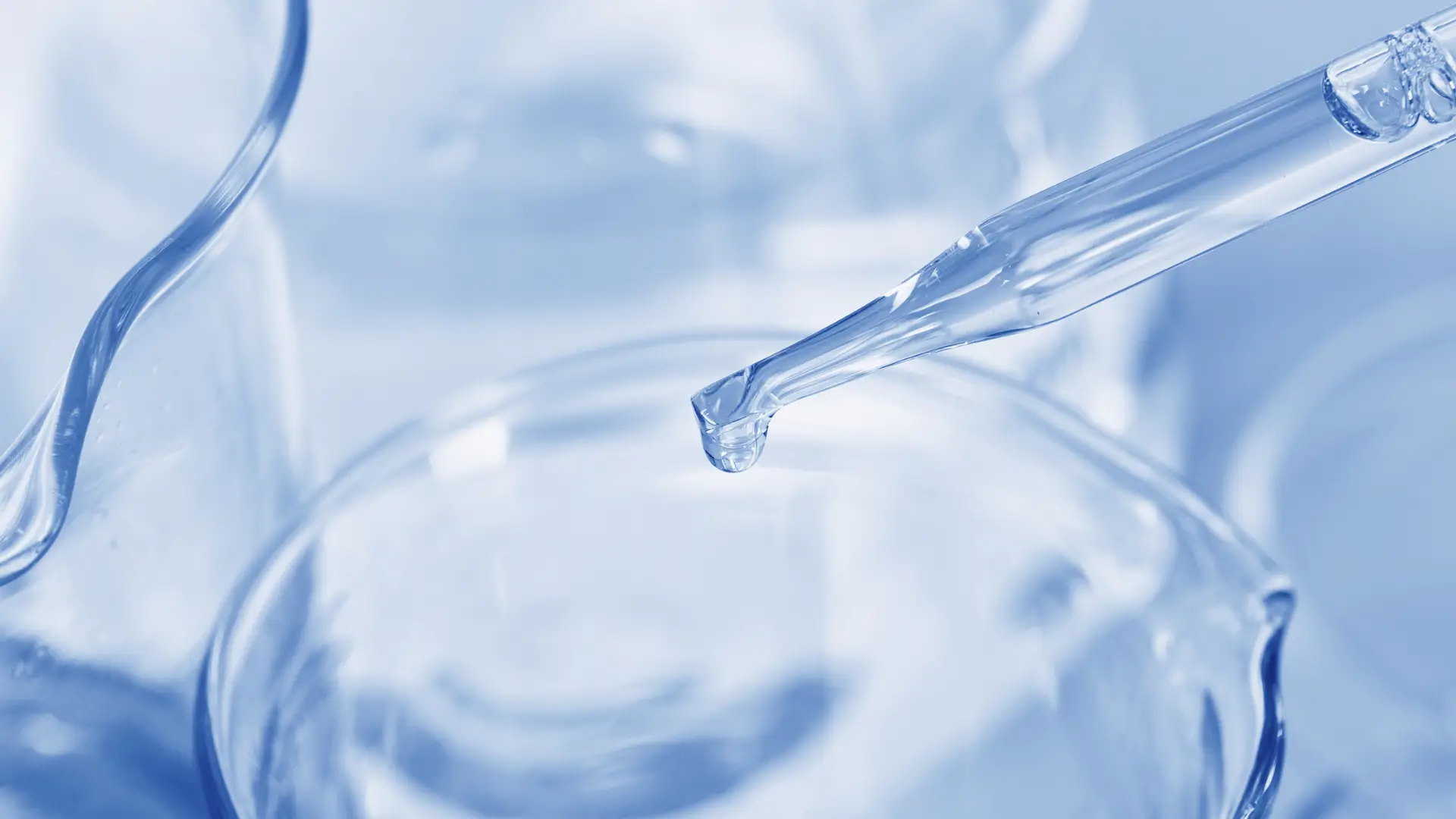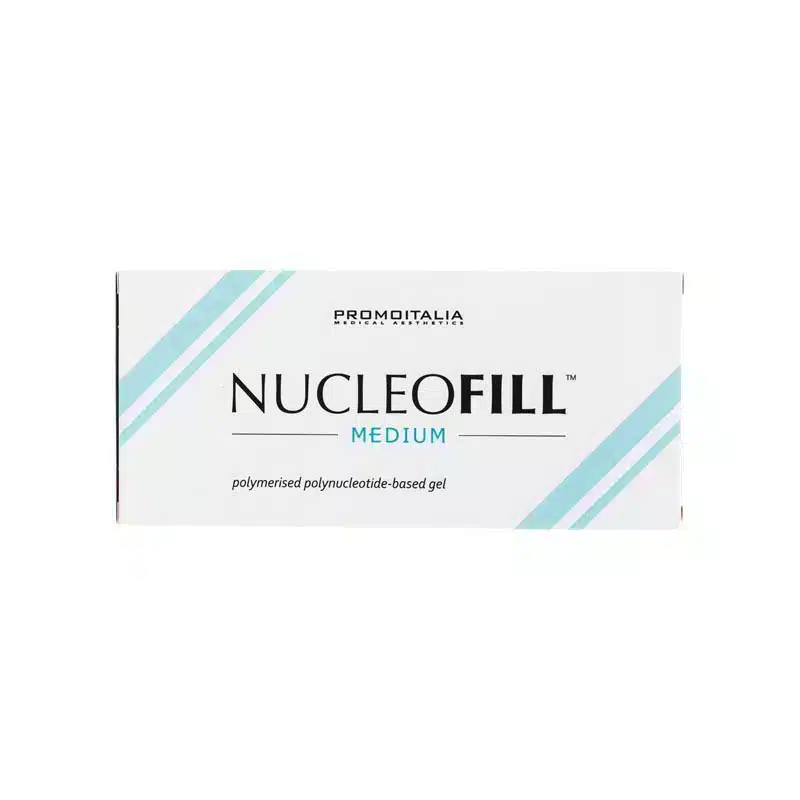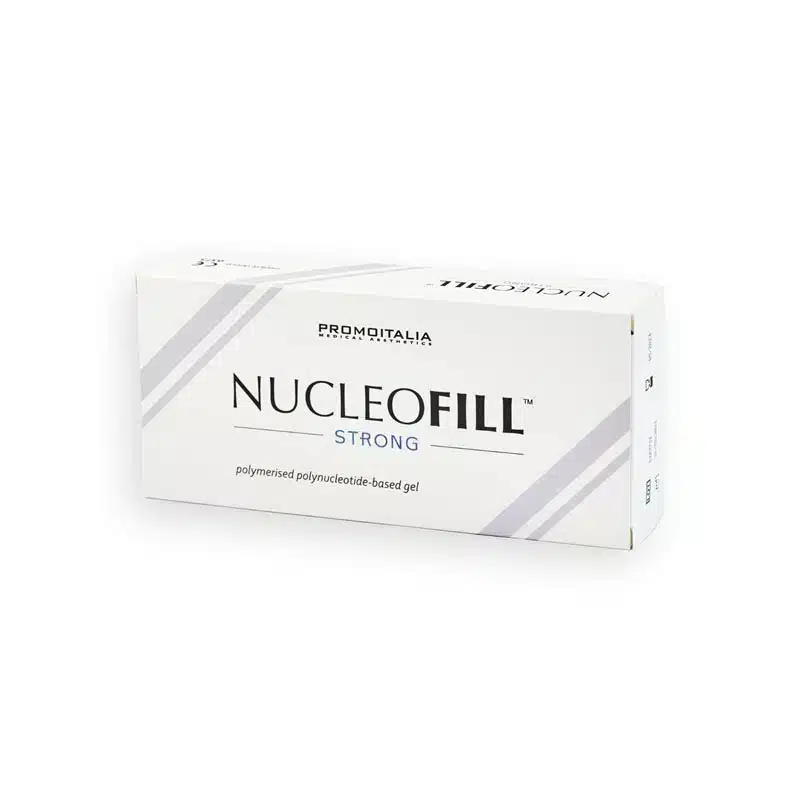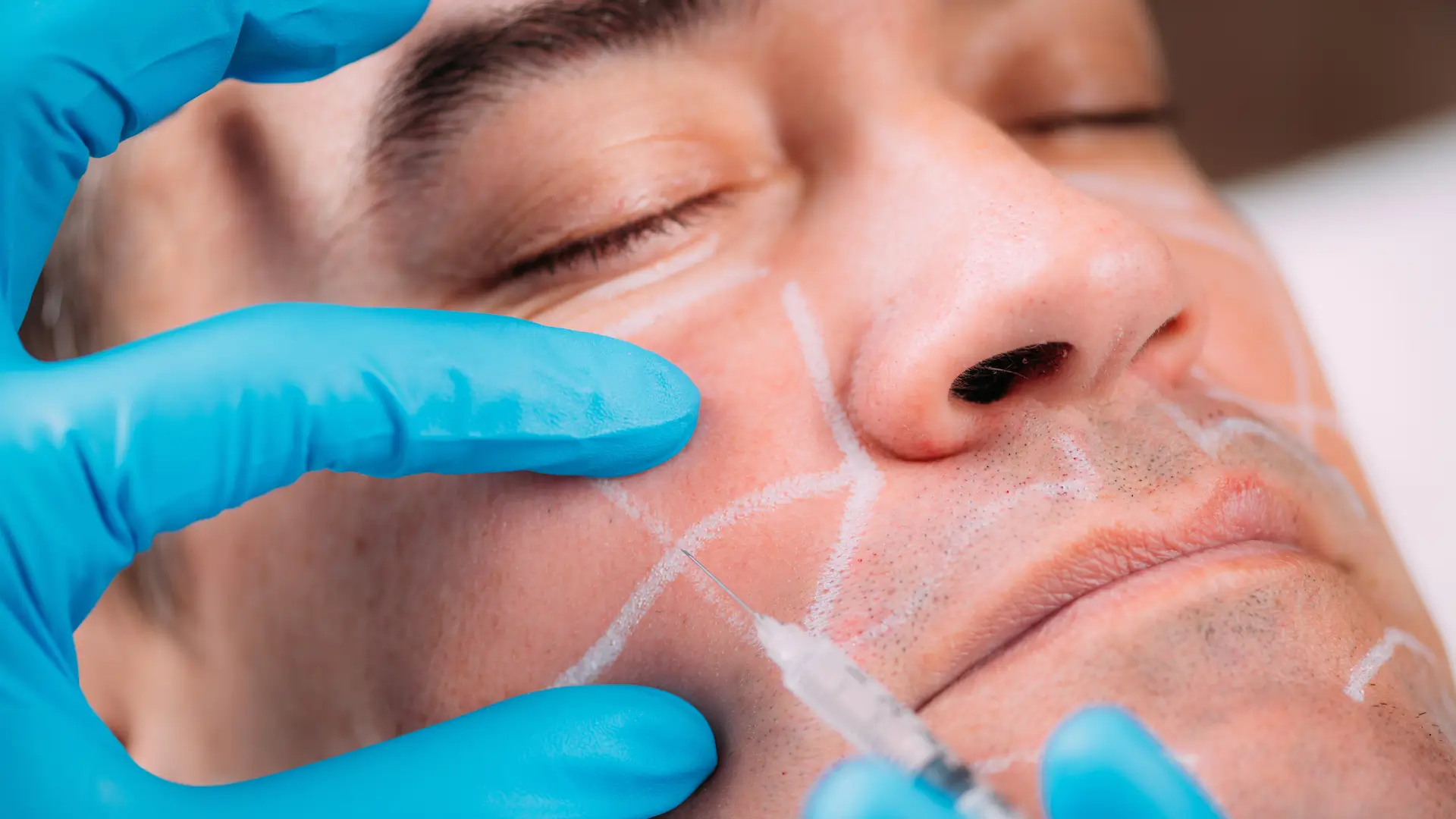Facial cosmetic injections are increasingly popular, with a growing body of evidence supporting their efficacy and advancements in non-surgical aesthetic treatments. While dermal fillers and Botox dominate the market for facial rejuvenation, polynucleotides are emerging as a cutting-edge option with a unique mechanism that promotes skin health and offers long-lasting results.
Polynucleotides, complex chains of nucleotides forming the building blocks of DNA and RNA, play essential roles in cellular processes and biological functions. Beyond their biological importance, they are gaining recognition in aesthetics for their regenerative properties.
This article delves into the definition of polynucleotides, exploring their structure, biological significance, and applications in aesthetic medicine.
Key Takeaways
- Each nucleotide in a polynucleotide chain comprises three components: a nucleobase, a five-carbon sugar, and a phosphate group.
- Their structure includes DNA’s two polynucleotide chains forming a double helix, whereas RNA is typically single-stranded.
- Polynucleotide treatments can rejuvenate the skin, promote wound healing, and provide anti-aging benefits.
- Polynucleotides support cellular regeneration by stimulating fibroblast proliferation and boosting collagen and elastin synthesis.
About: Medica Depot is your trusted all-in-one supplier, offering a range of high-quality medical injectables and supplies. Order Polynucleotides online at Medica Depot today! Whether for health professionals, plastic surgeons, dermatologists, licensed estheticians, or other specialists, we can offer genuine, brand-name products you may need. With Medica Depot, we prioritize serving you better to improve the patient’s quality of life.
What Are Polynucleotides?
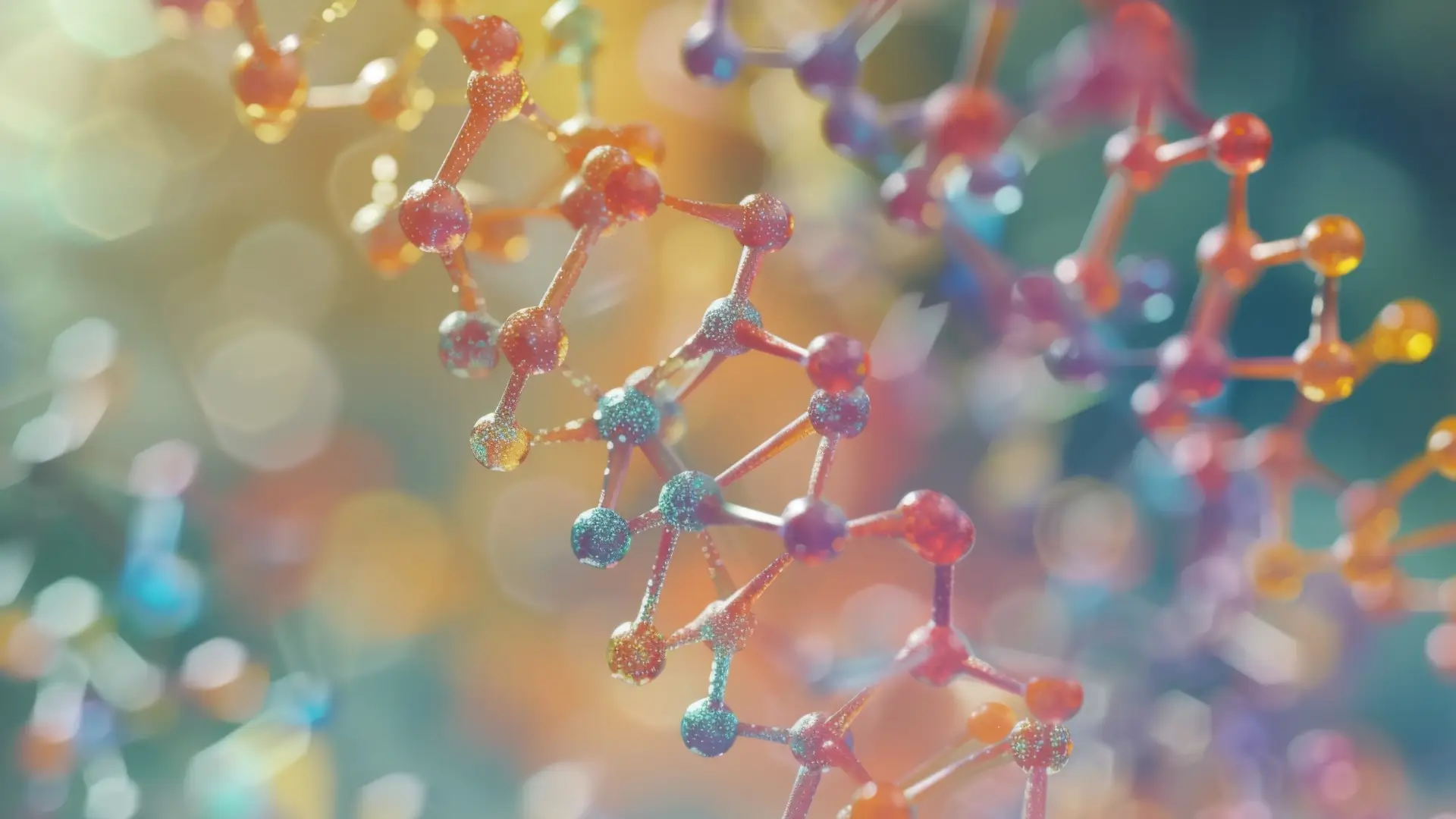
The innovation in the medical and aesthetic fields has brought polynucleotides into the spotlight as an effective solution for various treatment concerns. Individuals may ask the polynucleotides definition to understand what these components are and what they can do in different settings.
According to Merriam-Webster, a polynucleotide is simply a polymeric chain of nucleotides. This chain contains several nucleotide monomers covalently bonded together. These chains are made of nucleotides, which are the basic building blocks of nucleic acids.
In particular, each nucleotide component in the chain consists of three parts: a nucleobase, a five-carbon sugar, and a phosphate group. Polynucleotides consist of a backbone where sugar and phosphate groups alternate, and nitrogenous bases attach to the sugar. This sequence of bases encodes genetic information.
Since polynucleotides are DNA and RNA, these components store and transmit genetic information, facilitate protein synthesis, and regulate cellular activities. They are vital for heredity and the functioning of all living organisms.
The Role of Polynucleotides in Cellular Functions
Medical providers and patients should understand the role of polynucleotides in storing and transmitting genetic information in DNA and RNA. Their structure features DNA’s two polynucleotide chains that form a double helix, while the RNA strand is usually single-stranded.
In protein synthesis, messenger RNA (mRNA) delivers genetic instructions from DNA to ribosomes, where transfer RNA (tRNA) and ribosomal RNA (rRNA) help assemble amino acids into proteins. Polynucleotides support cellular regeneration, participate in DNA replication and repair, and ensure the accurate transmission of genetic information during cell division, maintaining cellular integrity and function.
Polynucleotides in Aesthetic Medicine
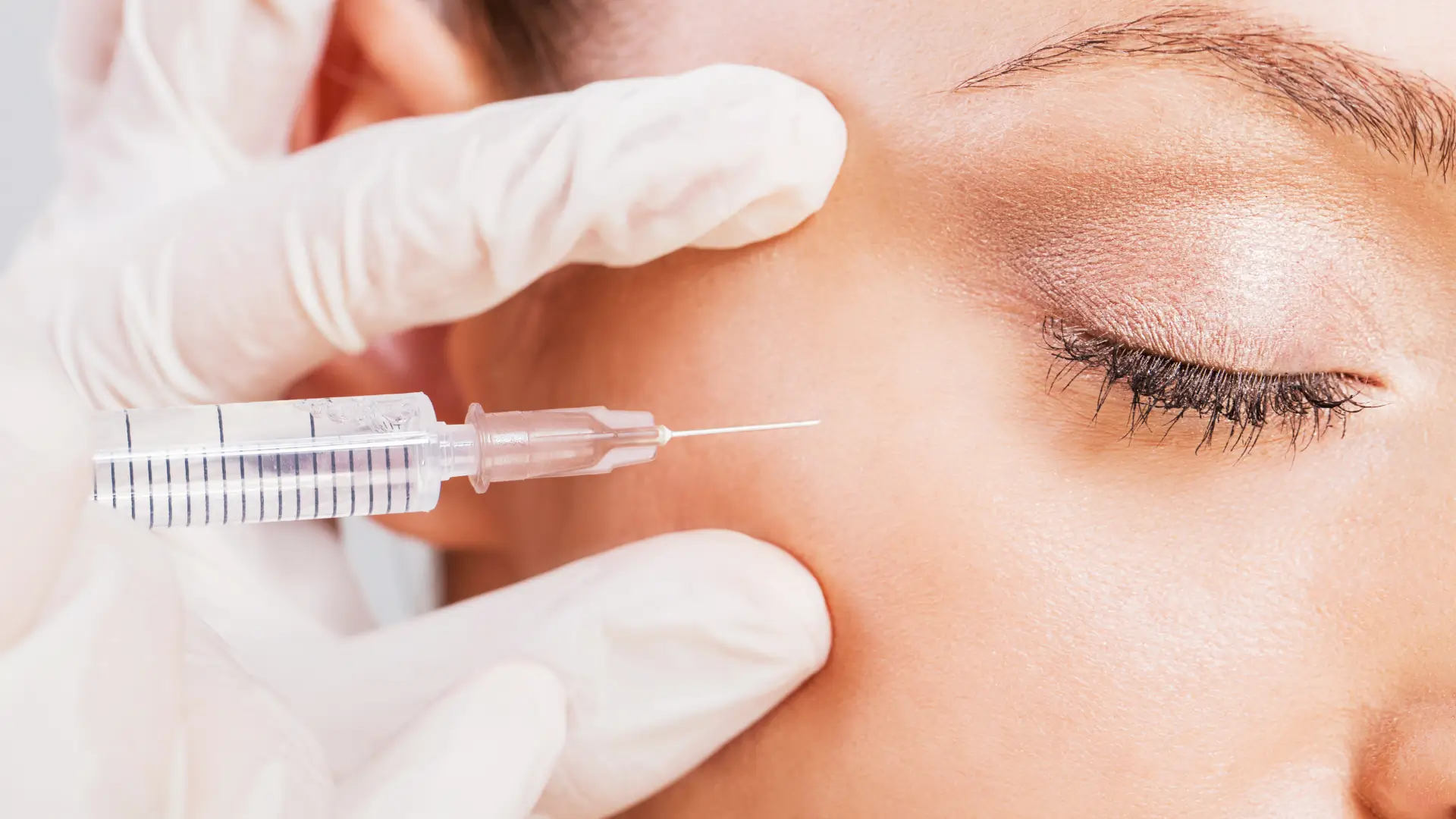
Many polynucleotide injectables and products utilize this active ingredient for skin rejuvenation in aesthetic medicine. When administered by licensed medical professionals, individuals can experience the unique mechanism of action of polynucleotides compared to other non-surgical options.
Polynucleotides enhance skin healing and rejuvenation by promoting fibroblast proliferation and collagen and elastin synthesis. This process improves skin elasticity, firmness, and hydration, resulting in better skin texture and fewer wrinkles and fine lines.
Using polynucleotides in treatment can deliver skin rejuvenation, wound healing, and antiaging. Patients can also receive these benefits when administered appropriately for their skin concerns.
- Treat fine lines, wrinkles, scars, and other skin imperfections
- Promote tissue repair and regeneration
- Enhance skin elasticity and hydration
- Reduce inflammation
The Use of Polynucleotides in Aesthetic Procedures
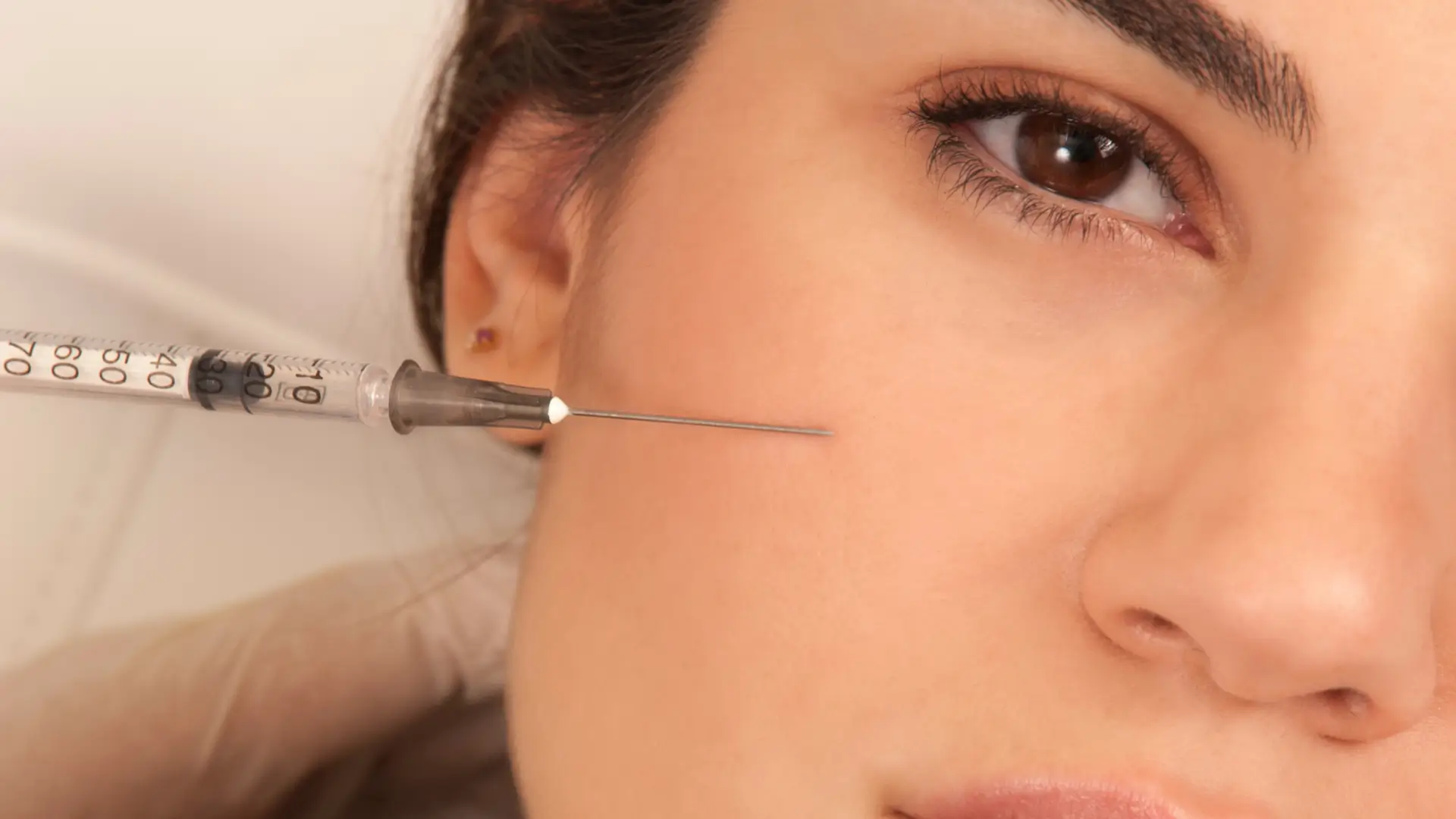
Many brands have shown their polynucleotides injections before and after photos of patients, with their innovative formulations to rejuvenate the skin. These injections stimulate cellular regeneration, improve skin texture, and reduce wrinkles and fine lines.
Polynucleotides aid cellular regeneration by promoting fibroblast proliferation and enhancing collagen and elastin synthesis. This process supports tissue repair and improves skin elasticity and hydration. They also promote tissue regeneration, enhance skin elasticity, and reduce inflammation, making them valuable in skin rejuvenation, wound healing, and anti-aging treatments.
Conclusion
Polynucleotides represent a remarkable advancement in medical science and aesthetic medicine. They offer unique properties that drive skin rejuvenation and cellular regeneration. Their fundamental role in storing and transmitting genetic information underscores their biological significance, while their ability to improve skin texture and elasticity highlights their transformative potential in aesthetic treatments.
Polynucleotides provide lasting, natural-looking results by addressing concerns such as fine lines, wrinkles, and scars through the stimulation of collagen and elastin. As research continues to advance, these innovative treatments promise to empower individuals to achieve their aesthetic goals safely and effectively, marking a new era in non-surgical skin care solutions.
FAQs
1. What are polynucleotides?
Polynucleotides are polymeric chains composed of nucleotide monomers, the basic building blocks of nucleic acids like DNA nucleotide and RNA nucleotides. Each nucleotide comprises a nucleobase, a five-carbon sugar, and a phosphate group.
2. How do polynucleotides function in the body?
Polynucleotides play a vital role in cellular functions by storing and transmitting genetic information. They are essential for protein synthesis, DNA replication, repair, and cellular integrity during cell division.
3. What benefits do polynucleotide injections provide in aesthetic treatments?
Polynucleotide injections enhance skin rejuvenation by promoting fibroblast proliferation, collagen synthesis, and elastin synthesis. They also improve skin elasticity and hydration, reduce fine lines and wrinkles, and aid in tissue repair and regeneration.
References
- Ding, H., Li, S., Fu, Q., Zhou, G., Wang, Y., Zheng, C., Wu, Q., Bai, R., Xv, X., & Chen, M. (2023). Facial cosmetic injection: A bibliometric analysis of research status and hotspots. Journal of Cosmetic Dermatology. https://doi.org/10.1111/jocd.16071
- Polynucleotide Definition and Examples – Biology Online Dictionary. (n.d.). Biology Articles, Tutorials & Dictionary Online. Retrieved December 9, 2024, from https://www.biologyonline.com/dictionary/polynucleotide
